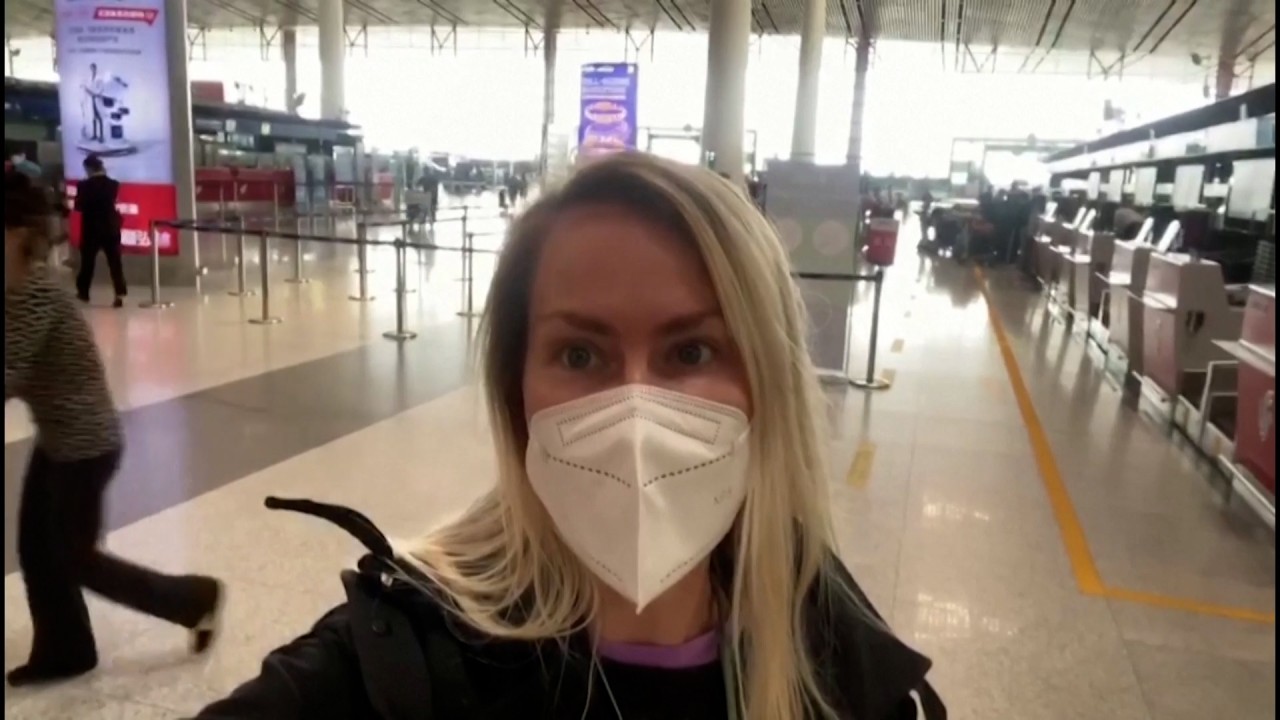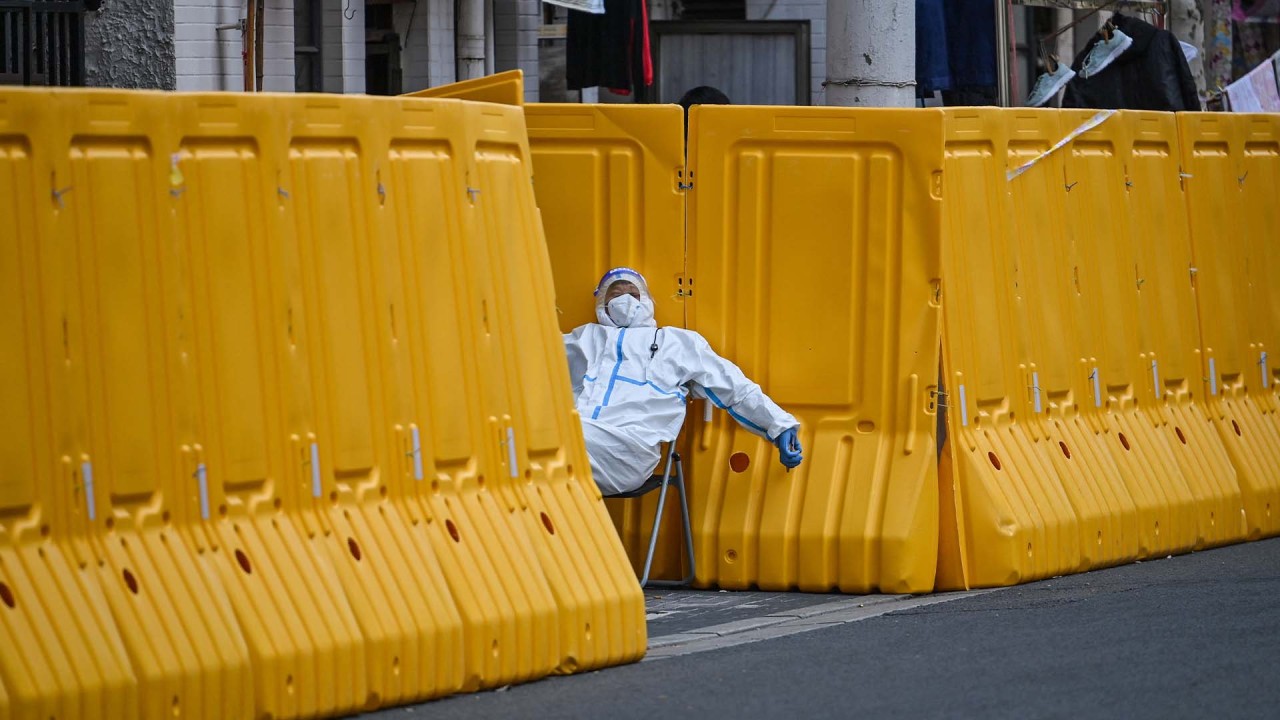
Explainer | What has China done to minimise impact of zero-Covid, and why are global-recession risks rising?
- ‘Confluence of shocks’ – including Ukraine war, coronavirus outbreaks in China, and the US Fed’s monetary tightening – are raising alarms over global economic growth
- Beijing had vowed that ‘stability’ would be the top priority this year, but analysts say ‘2022 has been anything but stable’, and leadership ‘must feel so disappointed’
China’s policymakers have heralded fiscal easing to help mitigate the wide-reaching impact of its zero-Covid strategy – but have yet to fully act, while a recession in the global economy is now among the new threats to global growth, according to various estimates.
What does an ex-Australian PM think is China’s ‘elephant in the room’?
Analysts believe China’s zero-Covid policy, which mandates mass testing, lockdowns and quarantines, will continue to suppress growth in the coming months. China is one of the few countries maintaining a policy of eliminating Covid-19, as most of the world has begun to live with the virus and vaccinations.
Why is China sticking with zero-Covid?
Beijing has said that keeping coronavirus infections and death numbers low fuelled China’s strong and rapid economic recovery from the initial outbreak in 2020.
Liang Wannian, the head of an expert panel leading the nation’s Covid-19 response, said in April that, because of the low vaccination rate among the elderly and a lack of medical resources, the zero-Covid policy is essentially a form of “insurance for 1.4 billion people”.
What are critics saying about China’s zero-Covid policy?
China hits out at ‘irresponsible’ WHO chief over zero-Covid criticism
Analysts said that the cost of maintaining the zero-Covid policy will continue to surge as more money is required to build quarantine facilities and conduct mass screenings.
And there are questions of whether local governments, who are in charge of imposing coronavirus-prevention measures, will have enough funds to cover the cost. To avoid being reprimanded, local officials are more inclined to extend lockdowns, critics say, making it difficult for people to return to normal life.
What has China done so far to steady its economy?
Beijing has vowed to use all means to steady the economy, though it has so far resisted large-scale stimulus. Instead it has since doubled down on Covid-19 control measures. The central government has also kept a tight grip on local government debt, and the property market, both of which have been key drivers of growth for decades.
What other measures can China take to ease the pain?
Further easing on the property market to boost sales and construction of new houses will help to generate some growth. Chinese developers are in deep financial stress since last year.
In April, the commencement of new construction projects, as measured by floor area, plunged 44 per cent from a year earlier, while property sales by value in April slumped 46.6 per cent from a year earlier.
Is China using a ‘shadow stimulus’ to shore up economic growth?
Regional economies across China are likely to benefit from further relaxation in the property market, as their revenue mostly comes from land sales.
Analysts have suggested that the central government could relaunch a special treasury bond to help fund Covid-hit regions – an arrangement previously made in 2020. Following the initial outbreak, the central government issued 1 trillion yuan worth of special treasury bonds and transferred the funds directly to local governments.
Will such measures help limit the economic damage?
Rory Green, head of China and Asia research at TS Lombard, expects Beijing’s stimulus measures to be less effective than similar measures were in previous cycles.
“The multiplier of monetary easing, in particular, is much lower, given property sector weakness and Covid,” Green said. “With zero-Covid in place, consumer and business mobility will remain restricted, consumer confidence and wages weak, and with it demand for credit low.
“Real [GDP] growth is likely to come in well below 5.5 per cent, year on year, in 2022.”



